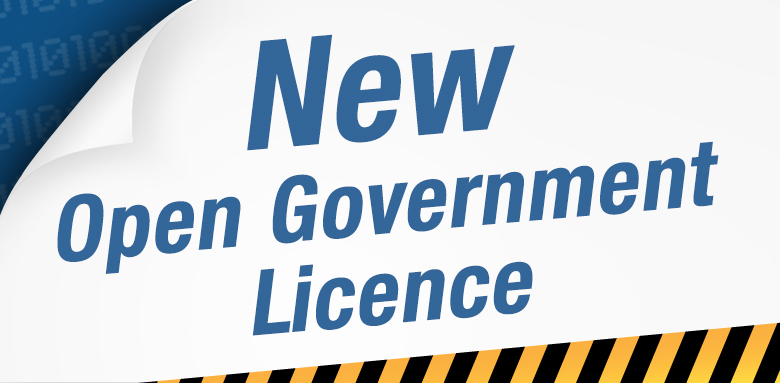Written by Teresa Scassa
Read more posts by Teresa @ http://www.teresascassa.ca/
With little fanfare, the Canadian government has released its much awaited, newly revised Open GovernmentLicence. The previous version that had been available on its Open Data site was a beta version on which public comments were invited. The government has also published its Open Government Licence Consultation Report, which summarizes and discusses the comments received during the consultation process.
The revised version of the licence is an improvement over its predecessor. Gone is the claim to database rights which do not exist in Canada. (These rights do exist in the UK, the Open Government Licence of which was a template for the Canadian licence). The new licence also discards the UK term “personal data” and replaces it with “personal information”, and it gives this term the meaning ascribed under the federal Privacy Act. The language used in the licence has been further simplified,making it even more accessible.
It should be noted that Alberta’s new open government licence – released as part of the launch of its open government portal earlier this year – is very similar to V2.0 of the federal government licence. There are some minor formatting differences, and a few changes in wording, most of which can be explained by the different jurisdiction (for example, the definition of “personal information” refers to Alberta’s Freedom of Information and Protection of Privacy Act). The similarities between the two licences are no coincidence. Although the Alberta licence was made public prior to the release of the federal government’s V2.0, work has been going on behind the scenes to move towards some form of federal/provincial consensus on the wording of open government licences with a view to ensuring that there is legal interoperability between data sets released by different governments in Canada. The efforts to reduce barriers to interoperability (whether legal or technical) are important to the ability of Canadians to work with and to integrate different data sets in new and innovative ways. Thus not only is the COGL V2.0 to be welcomed, so are the signs that cooperation and coordination may lead to a greater legal interoperability of open government licences across Canada.
